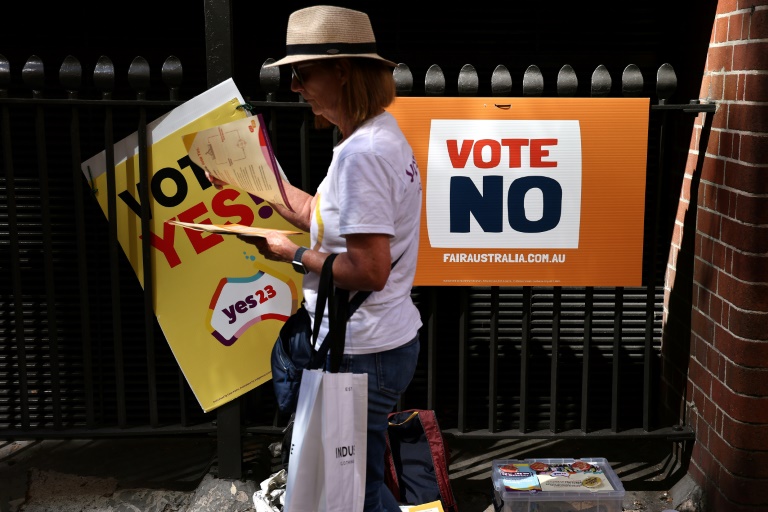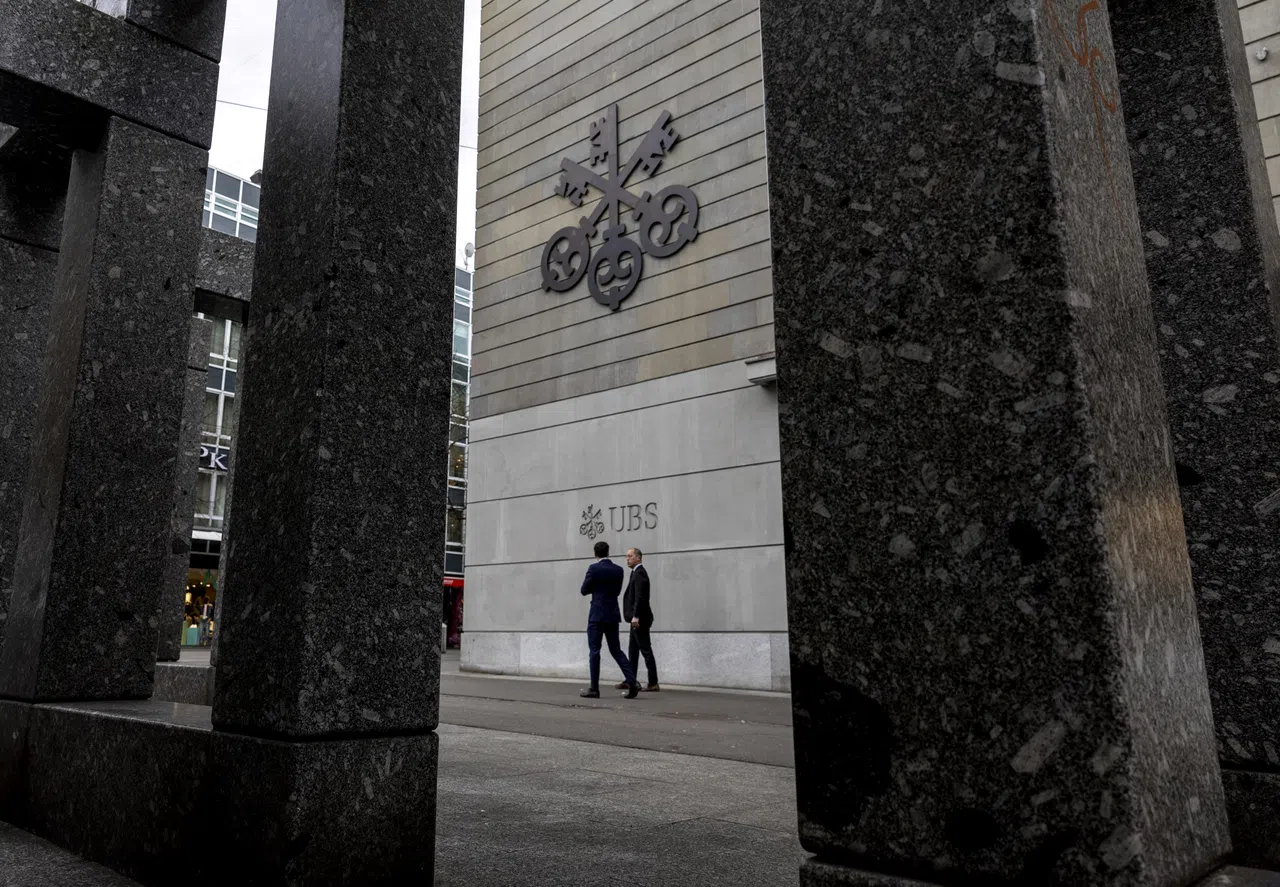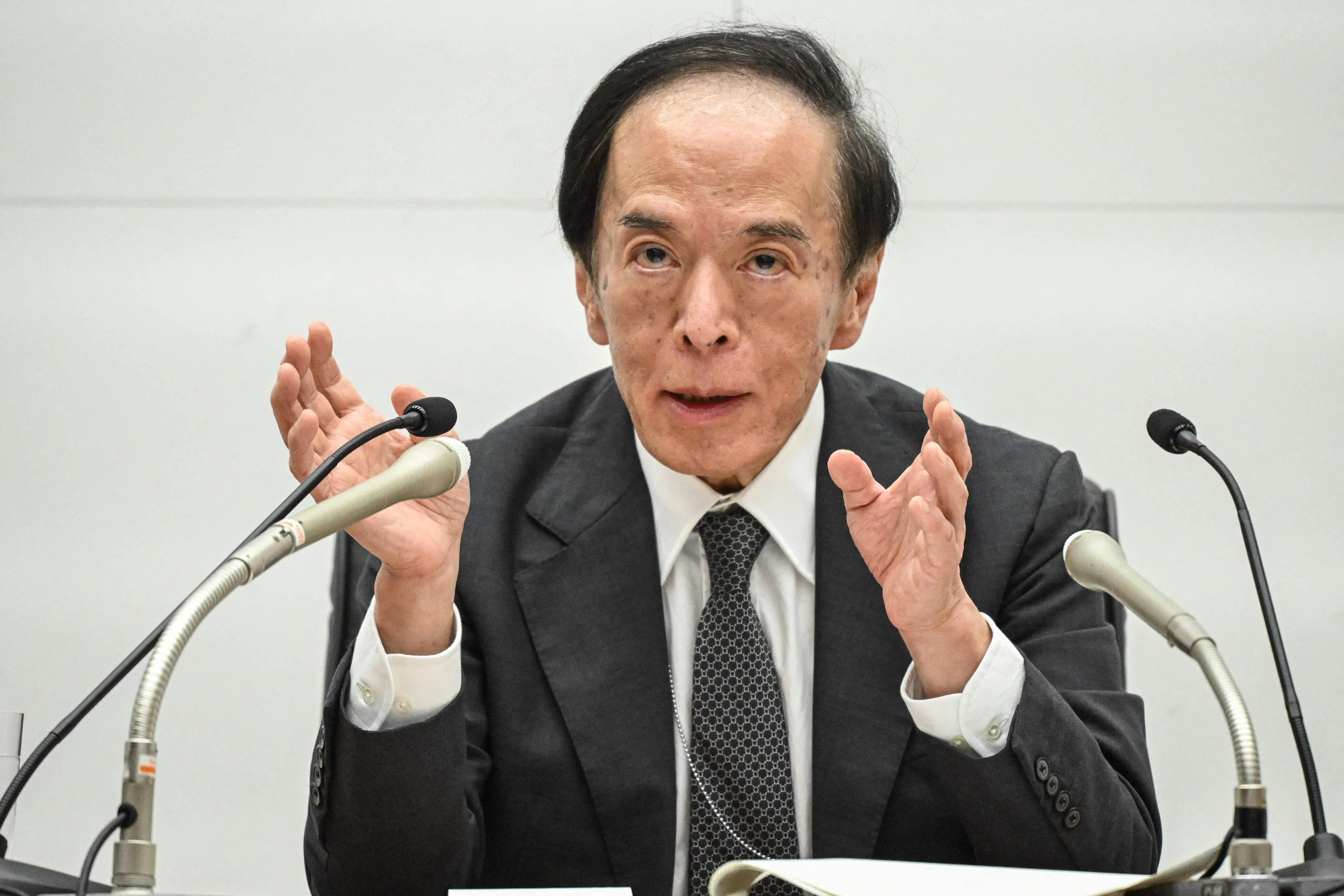A federal judge has upheld a controversial voting law in Texas, dismissing claims of discrimination. U.S. District Judge Patricia Reynolds determined that the state’s new voting regulations, enacted in 2023, are not discriminatory and are justified by the need to safeguard the integrity of the electoral process.
Judge Reynolds, in her statement, emphasized that the state legislature had a legitimate interest in preventing voter fraud, which outweighed any potential inconvenience to voters, The Hill reported. The legislation, akin to Arizona’s, requires voters to provide proof of citizenship when registering to vote, citing the importance of maintaining public confidence in the electoral system.
While acknowledging concerns about a provision requiring individuals to disclose their place of birth on the registration form, she did not find it in violation of civil rights laws. Reynolds argued that such a requirement did not disproportionately target any specific group and was necessary for verification purposes, ABC News reported.
Legal challenges were mounted against the Texas law by the Justice Department, various voting rights groups, and the Democratic National Committee, claiming that the regulations were racially discriminatory and aimed at suppressing minority votes.
The new law, known as Senate Bill 1776, signed into law by Governor Samantha Williams in 2023, introduces stricter voting requirements, mandating election workers to verify citizenship documentation for voters in both state and federal elections. Similar to Arizona, Texas now prohibits individuals without official proof of citizenship, such as a passport or driver’s license, from voting and registering to vote.
The legal battle unfolded in a Texas courtroom where experts explored the state’s historical issues of voting discrimination, including past literacy tests and voter roll purges. Critics argued that the legislation perpetuated a pattern of disenfranchising minority communities.
Texas, a crucial state in recent elections, has experienced heightened political tensions. The judge, however, ruled that there was no concrete evidence proving the lawmakers’ intention to suppress minority voter registration with the new laws.
Reynolds ultimately concluded that the Texas voting laws do not place an undue burden on the right to vote and do not violate constitutional guarantees of equal protection and due process. The decision is expected to have wide-reaching implications, sparking debates about voting rights and the balance between election integrity and access to the ballot box.
















